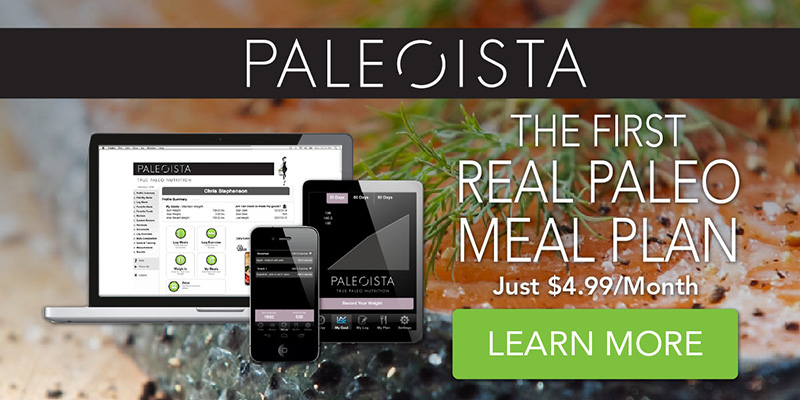We’re Overreacting to Gluten Intolerance? NY Times Thinks So
Apparently so, according to an article1 in The New York Times over the weekend. Author Moises Velasquez-Manoff notes one in three Americans are now trying to avoid gluten.
He opens the piece with a comment about how the “‘anti-glutenists’ argue we haven’t eaten wheat long enough for us to have adapted to it as a species…and if exposed to gluten, some will develop celiac disease, gluten intolerance or simply feel lousy.” Followed by “most of these assertions are contraindicated by significant evidence and that the real problem is an immune system that has become overly sensitive.”
While this is an opinion piece, and certainly we’re all entitled to our own, let’s start with some facts.
We know from the National Foundation for Celiac Awareness that roughly 1 in 133 Americans, or about 1% of the population, has celiac disease, while it is estimated that 83% of Americans who have celiac disease are undiagnosed or misdiagnosed with other conditions.
Celiac disease can lead to a number of other disorders including infertility, reduced bone density, neurological disorders, some cancers, and other autoimmune diseases.2 And, these numbers don’t include people who have at least a mild sensitivity to this protein found in wheat, barley and rye. Neither celiac disease nor gluten sensitivity are matters to be taken lightly.
For argument’s sake, let’s entertain for a moment that we are actually taking the gluten-free approach out of context. Is there any harm in avoiding foods that contain gluten if one is not medically diagnosed with the need to so? Not so long as the overall approach to eating properly is taken.
In other words, if we focus primarily on fresh, local, in season vegetables, wild proteins and range of healthy fats, we’re naturally eating a gluten-free diet, and when followed properly, the modern day hunter-gatherer diet, if that’s what we choose to call it, supplies us with all the macro and micro nutrients we need.
In my own experience, as I stumbled through various eating approaches, all claiming to be the best diet, trying to figure out the cause of a lifetime of stomach woes, I was counseled on more than one occasion by doctors that since I don’t have a celiac diagnoses, it would be to my disadvantage to omit gluten-containing foods. Doing so, after all, would surely mean I’d never be able to consume enough fiber or B vitamins, as cereal grains are clearly the best sources of the two.
In actuality, a 1,000-calorie serving of fresh fruits and vegetables has between two and seven times as much fiber as does a comparable serving of whole grains. In addition, compared to fruits and veggies, cereal grains are B-vitamin lightweights, with an average 1,000 calorie serving of mixed vegetables contains 19 times more folate, five times more vitamin B6, six times more vitamin B2 and two times more vitamin B1 than a comparable serving of eight mixed whole grains.3
In effect, you’re not doing yourself any harm by not eating gluten- containing foods regardless of whether or not you have a medical directive to do so.
Where this could theoretically go wrong is to jump on the gluten-free refined, highly-processed packaged foods bandwagon and convince yourself that by stocking the pantry on gluten free everything form cookies to cakes to breads to pastas, you’re taking steps toward better eating habits. You’re not.
A gluten-free brownie, a vegan brownie or a sugar-free brownie are all still brownies. Not exactly healthy food options.
Demonizing the choice to avoid gluten as if it’s based on hearsay and lacking in scientific evidence not only makes no sense, it puts those who may be on the verge of being undiagnosed with celiac disease as well as those with mild intolerances who may become sick at a higher risk if they’re led to believe it’s all nonsense.
While Velasques-Gomes does acknowledge that the sugary, greasy Western diet may be partly responsible for the increased incidence of heightened immune system sensitivity and dysfunction, he concludes that we should stop asking what’s wrong with wheat and ask what’s wrong with us.
I’d counter with a question: what’s one good reason to continue to eat gluten-containing foods?
Despite comedic responses I’ve gotten from clients who’re beginning their path to Paleo who might state that the reason to keep eating them is that they taste good, I honestly don’t see a valid reason to rely on gluten-rich foods for fiber or B vitamins and certainly not as a protein source for those who are fortunate enough to have access to reliably sourced, local wild fish, meat and game.
Factoring in the role grains play in feeding impoverished nations, with no access to superior protein, fiber and vitamin sources is a completely different conversation.
Take away message? Forget the science for a moment, forget the word Paleo and simply think about how you feel when you eat vegetables, protein and healthy fats compared to how you feel when you eat pasta, bread, bagels and cookies.
Perhaps you can allow your body to cast the deciding vote?
What a novel idea!
REFERENCES
[1] Velasquez-manoff, Moises. “The Myth of Big, Bad Gluten.” The New York Times. The New York Times, 04 July 2015. Web. 06 July 2015.
[2] “National Foundation for Celiac Disease Awareness.” Celiac Disease: Fast Facts. N.p., n.d. Web. 06 July 2015.
[3] “Frequently Asked Questions About The Paleo Diet | Dr. Loren Cordain.” The Paleo Diet. N.p., n.d. Web. 06 July 2015.






